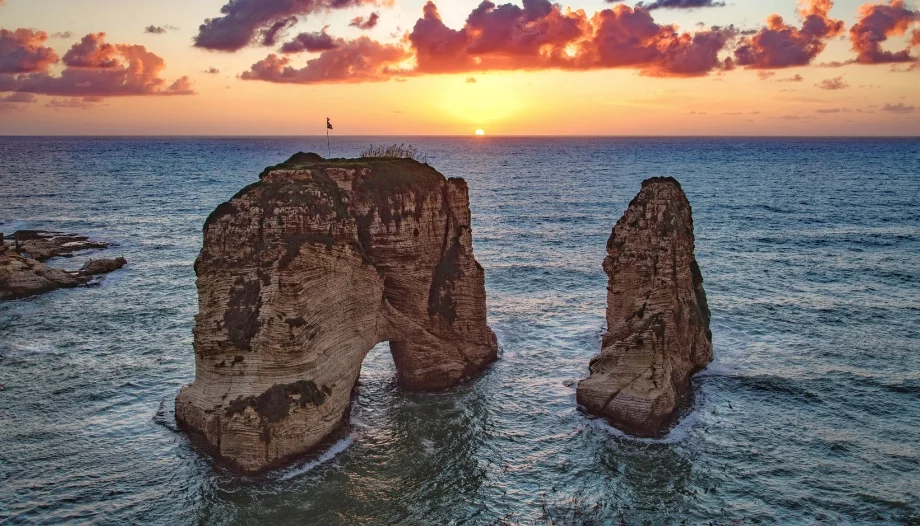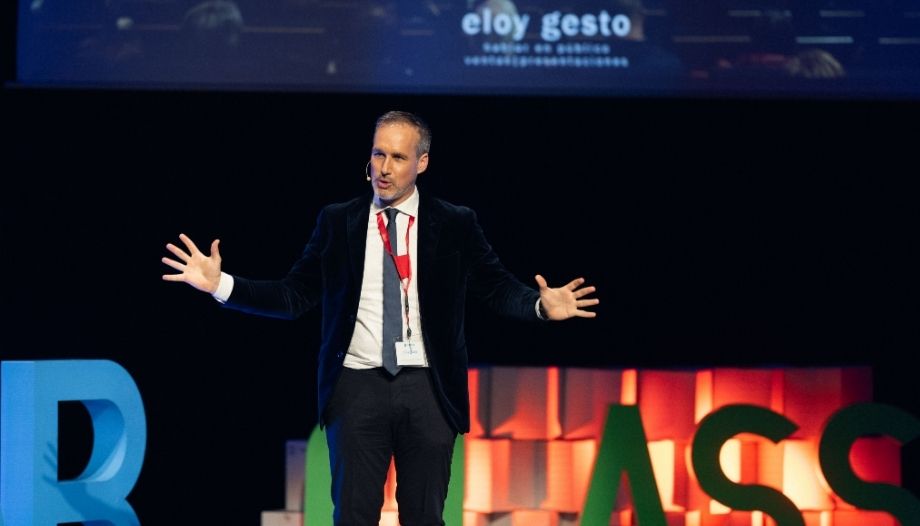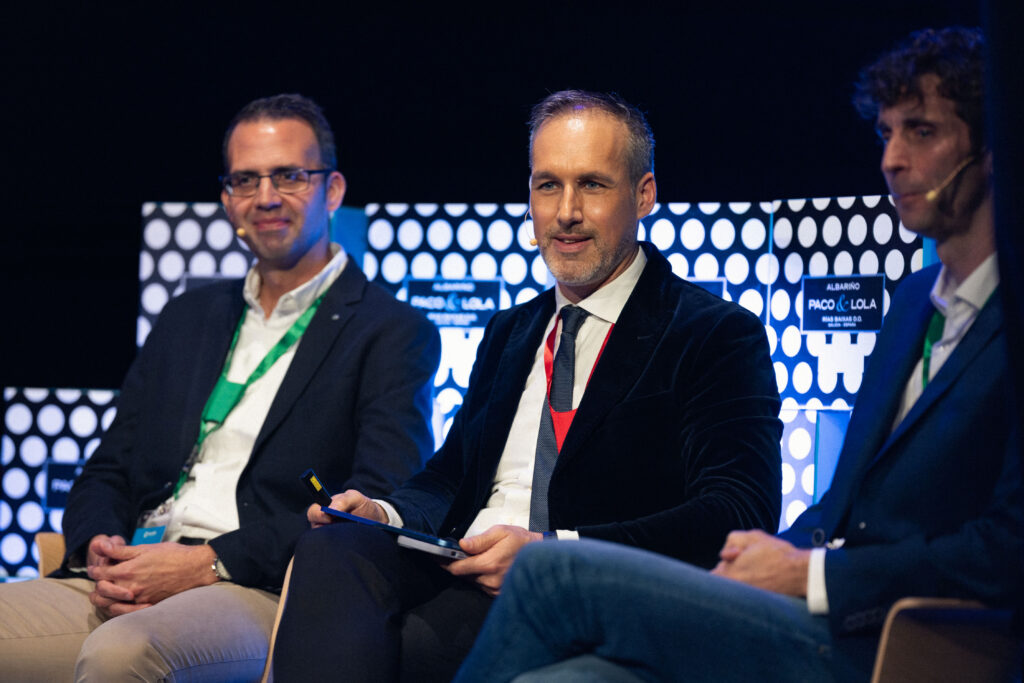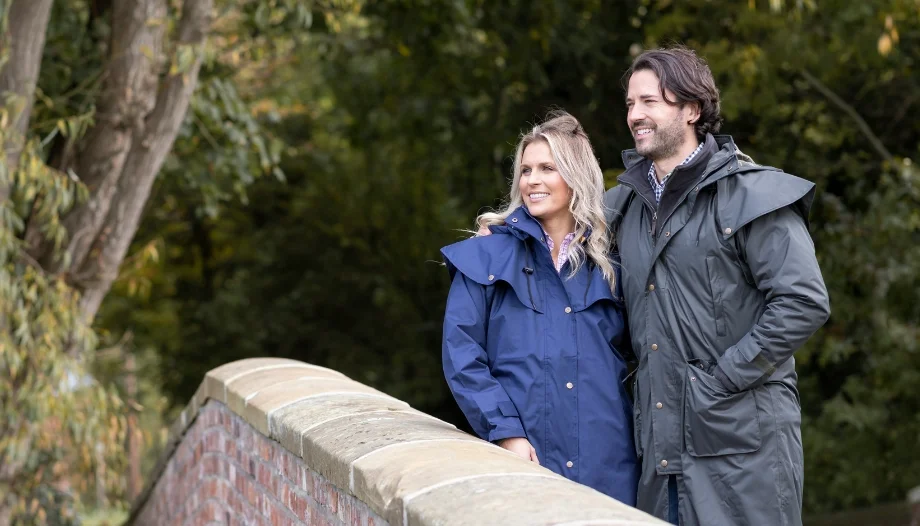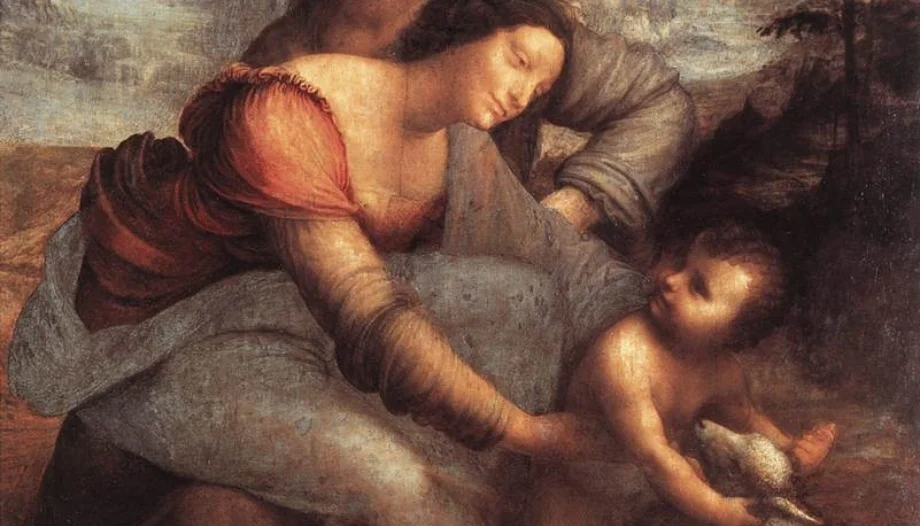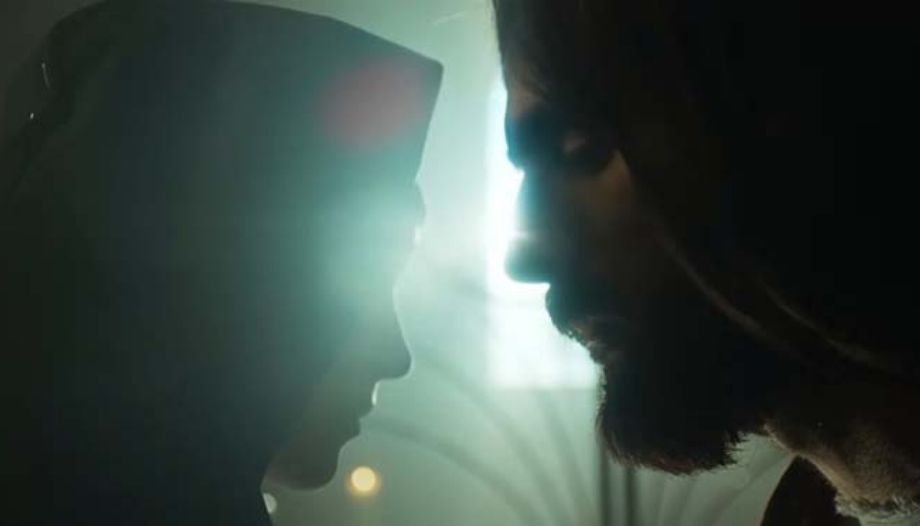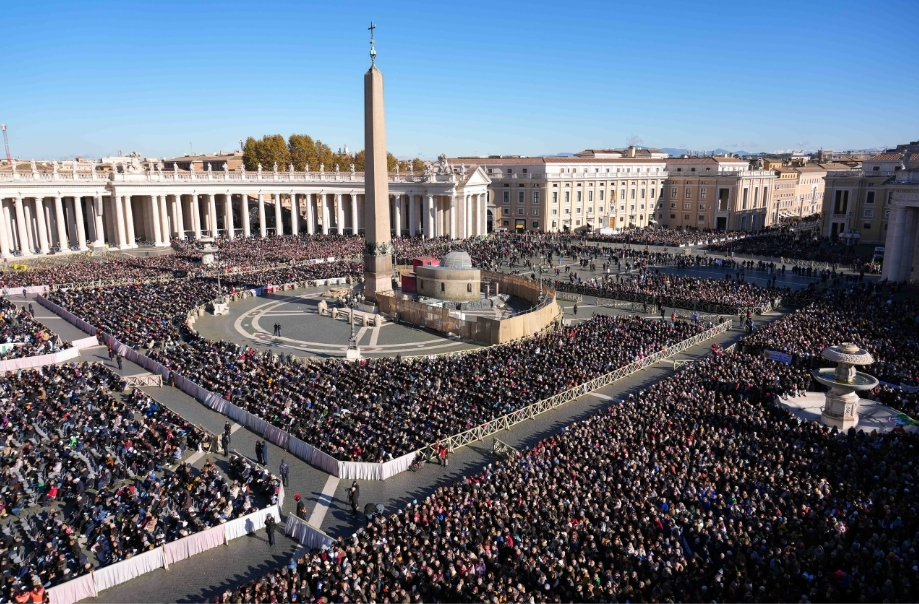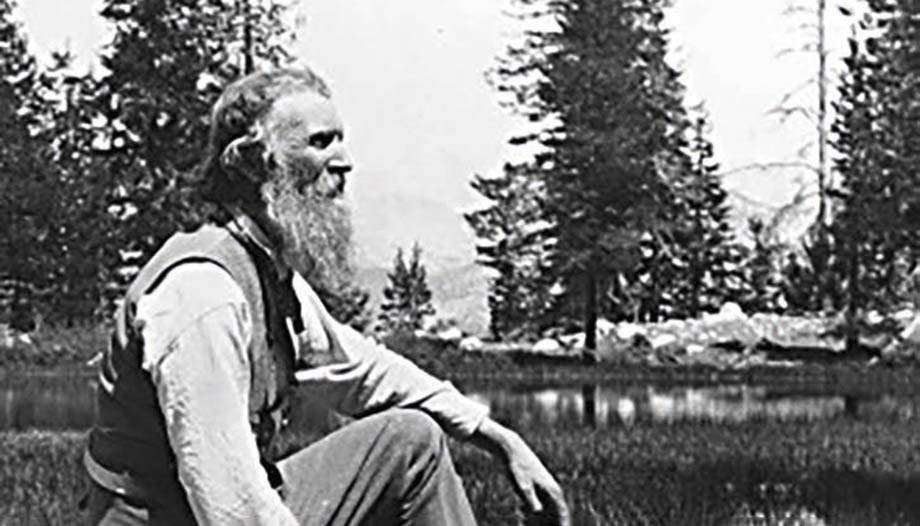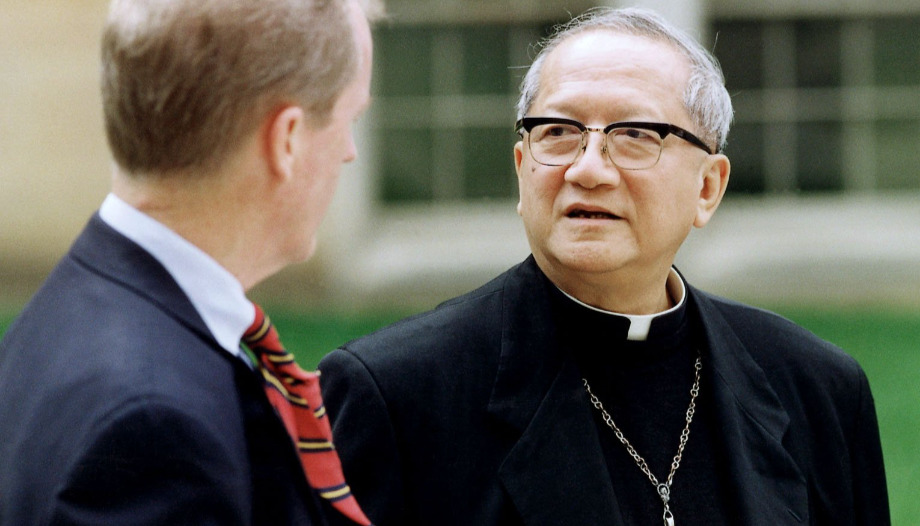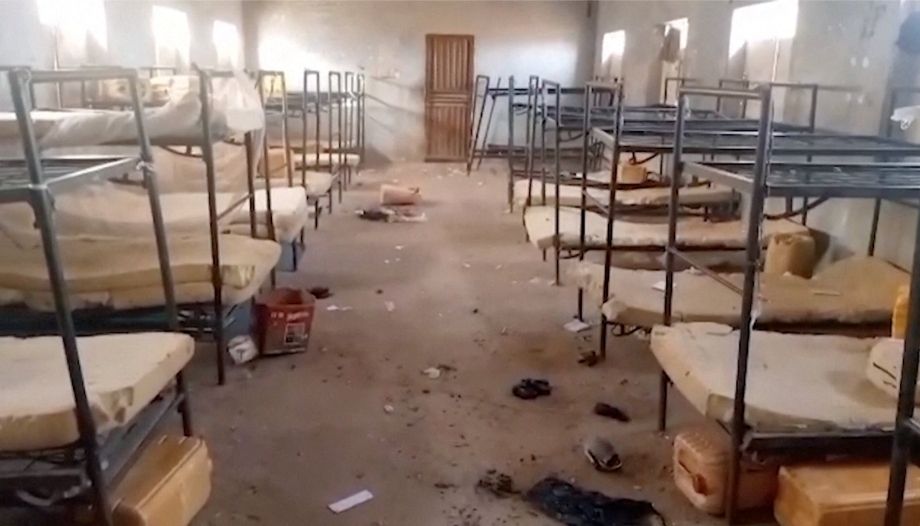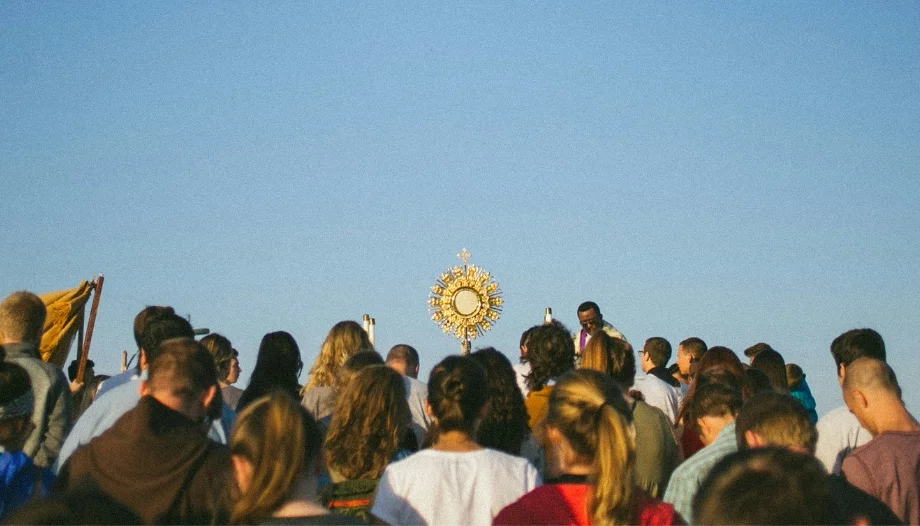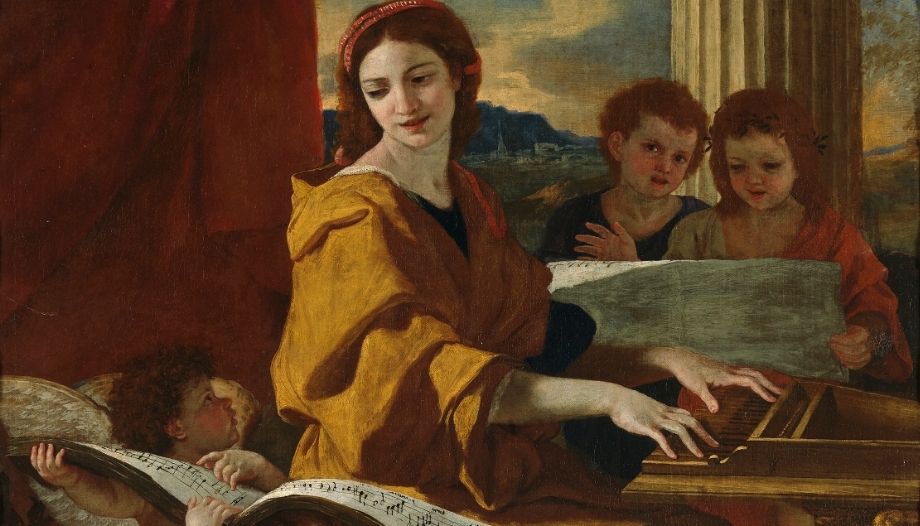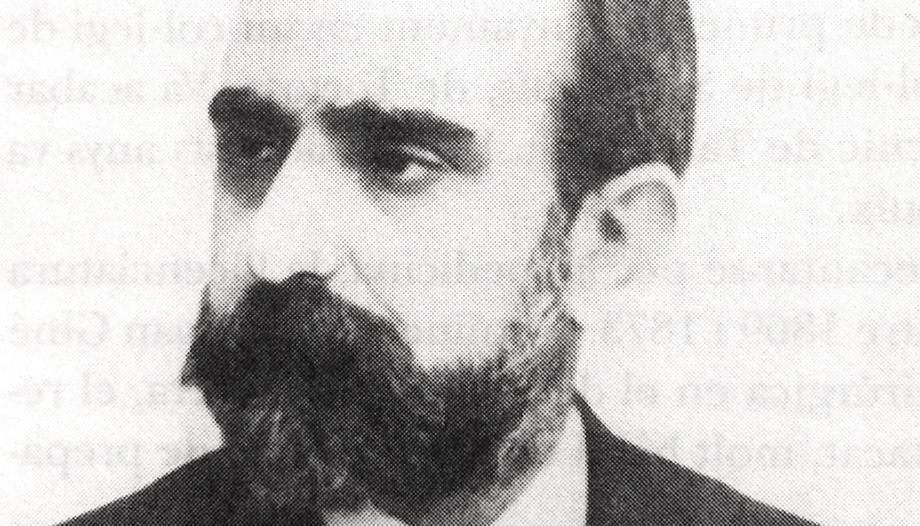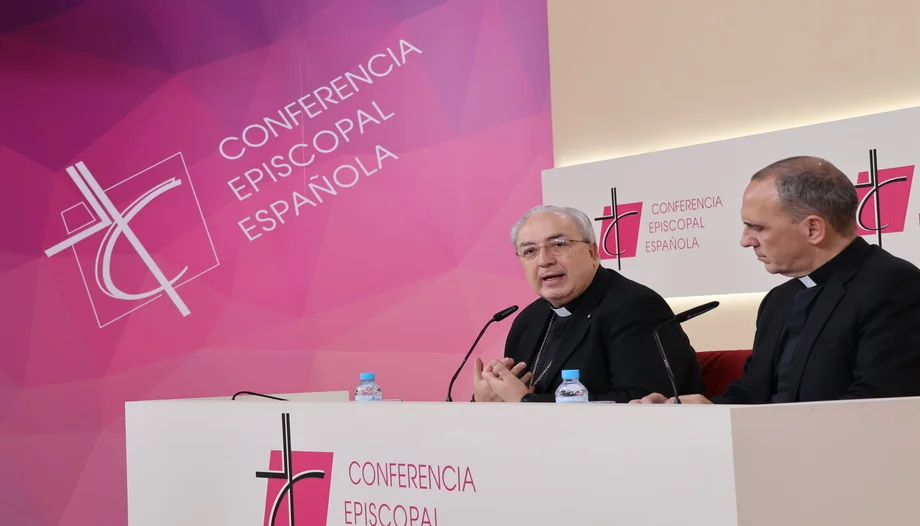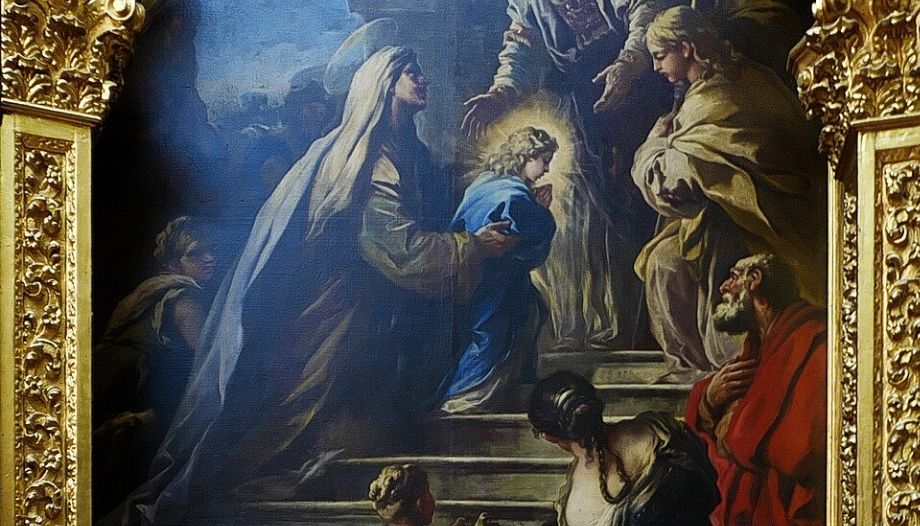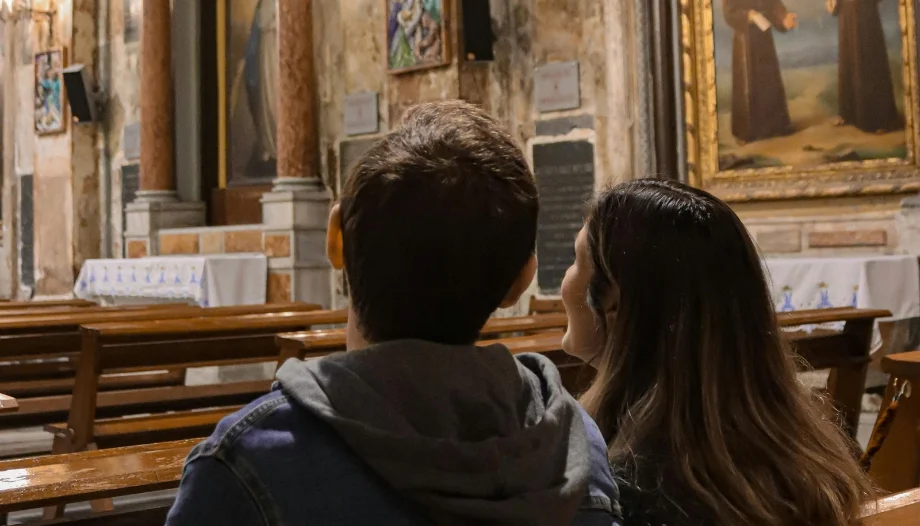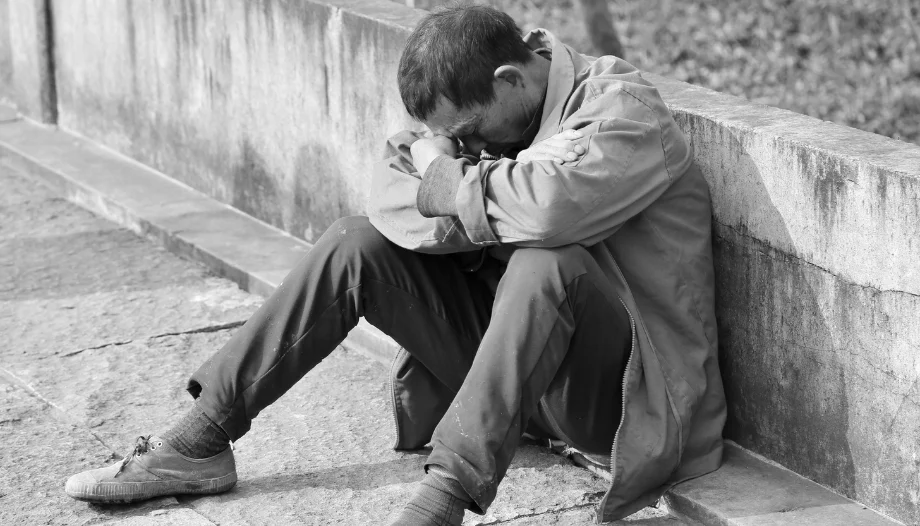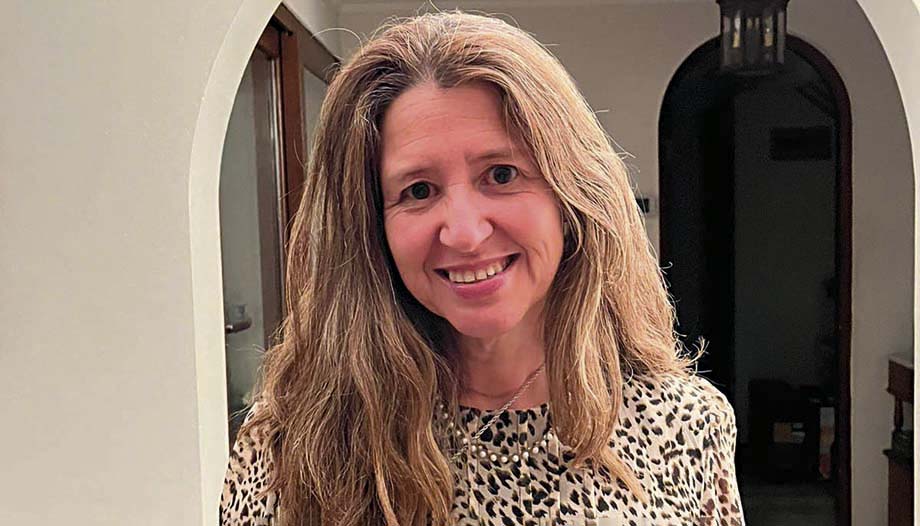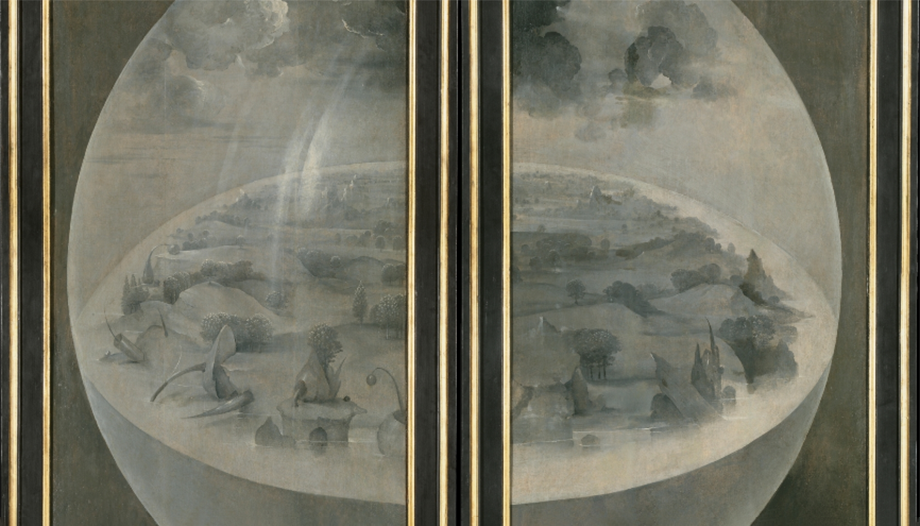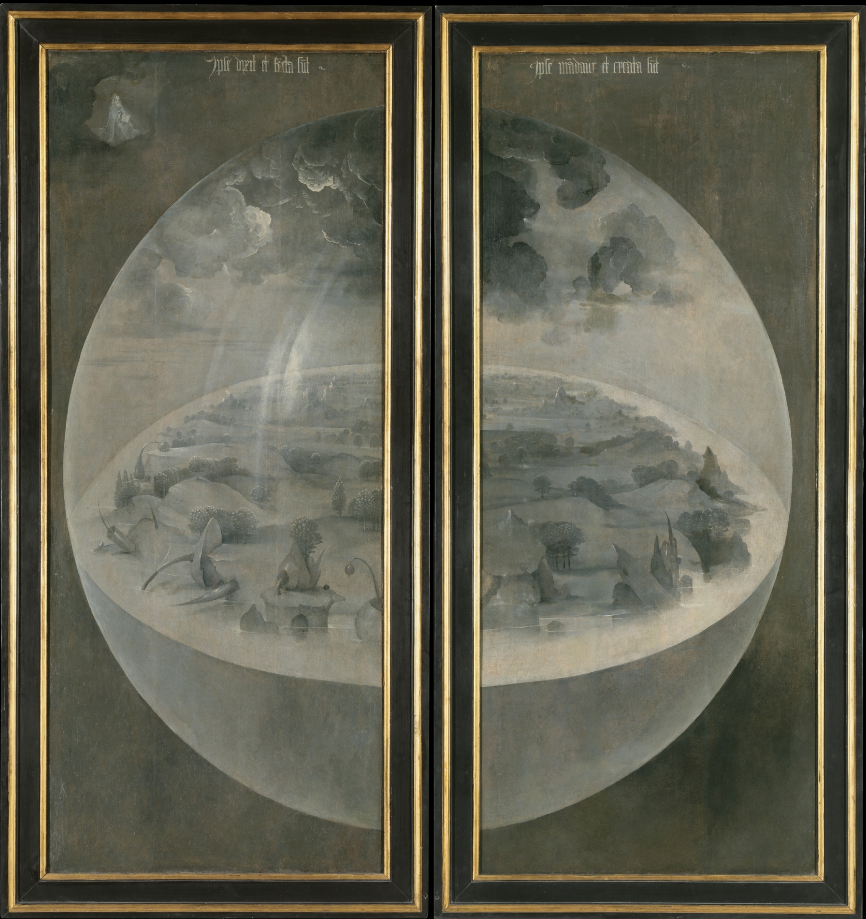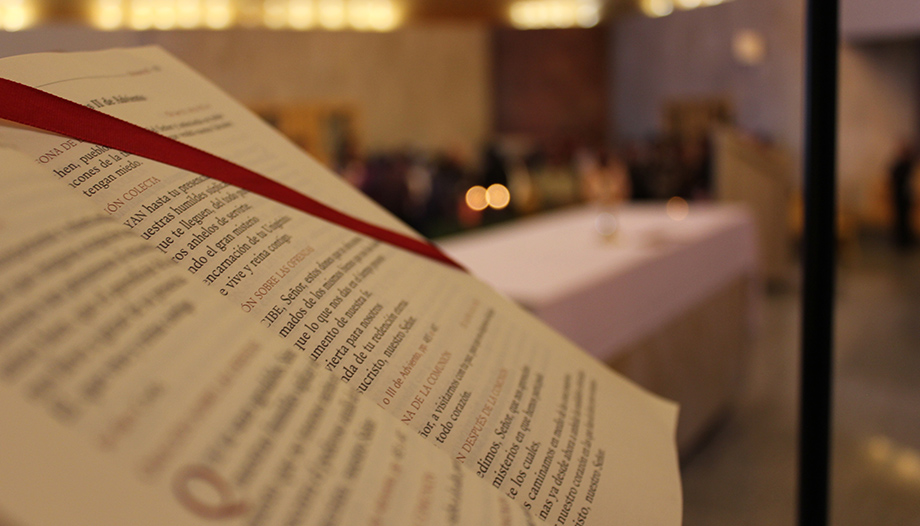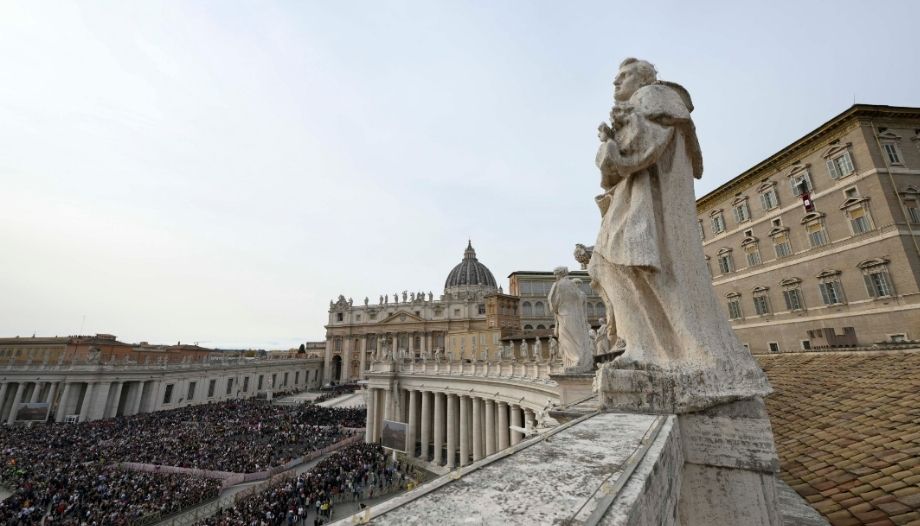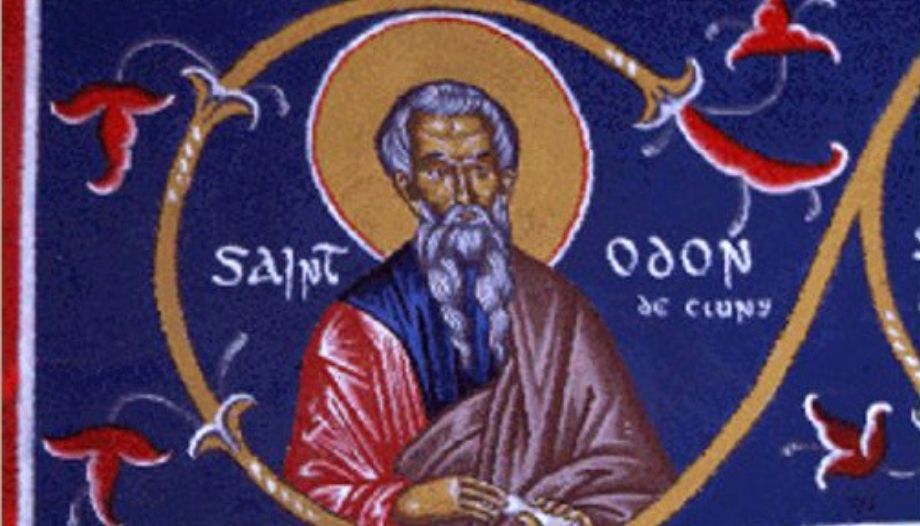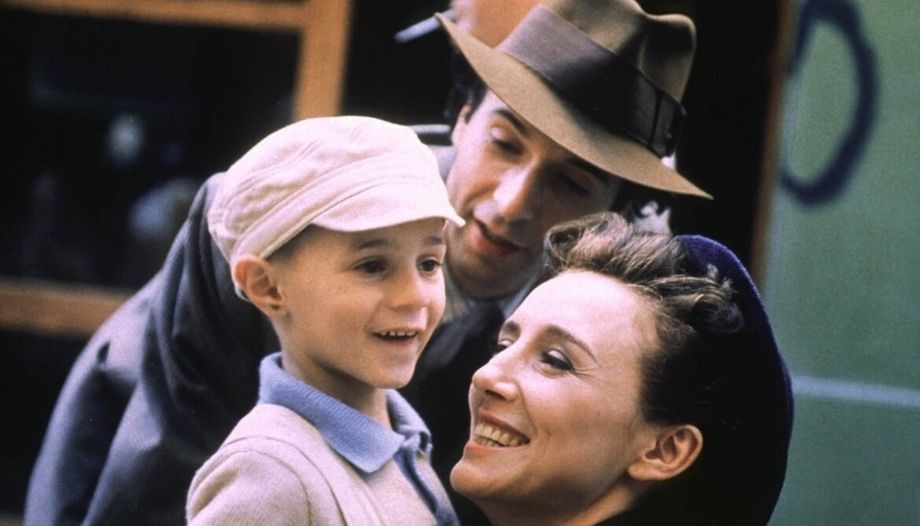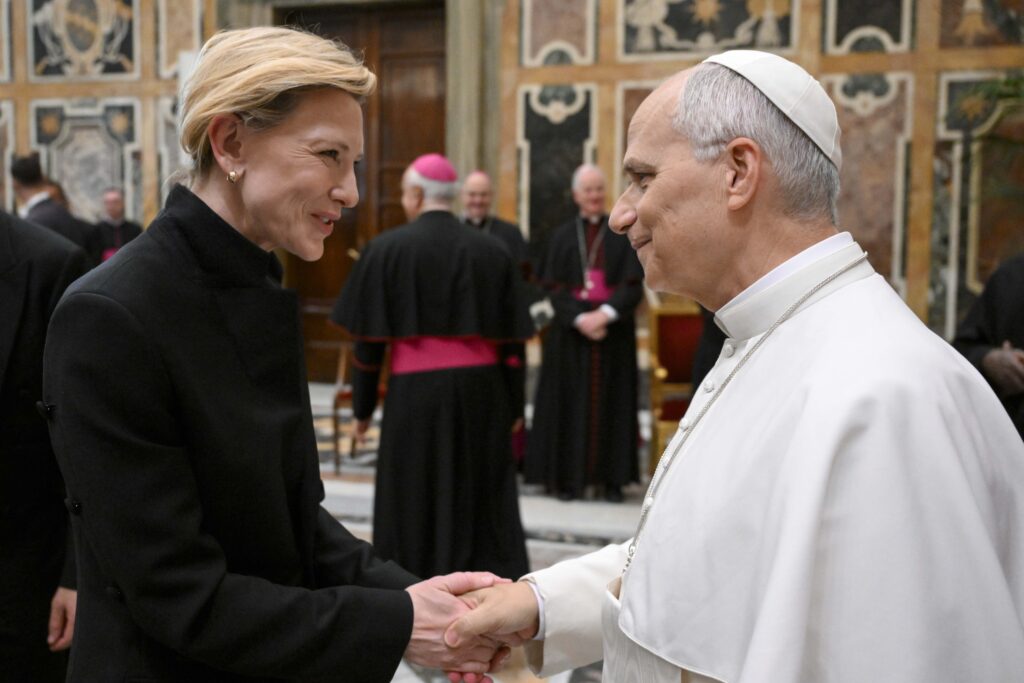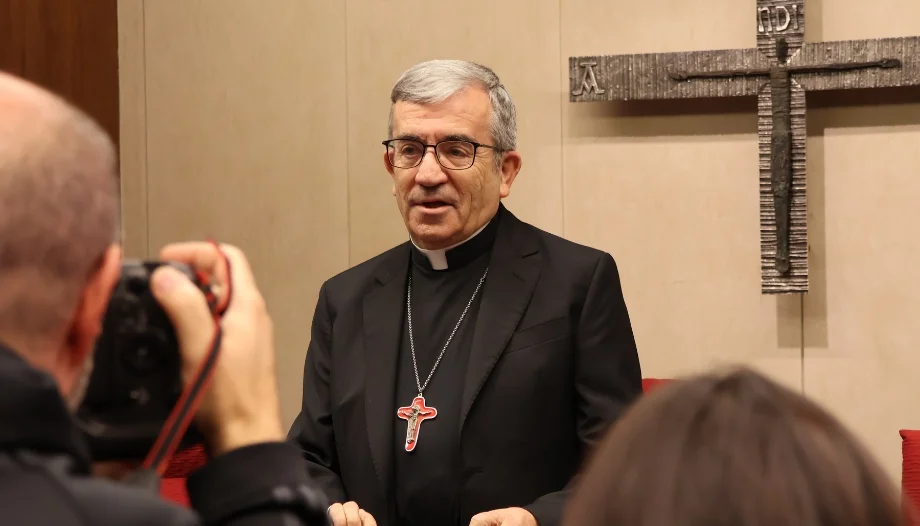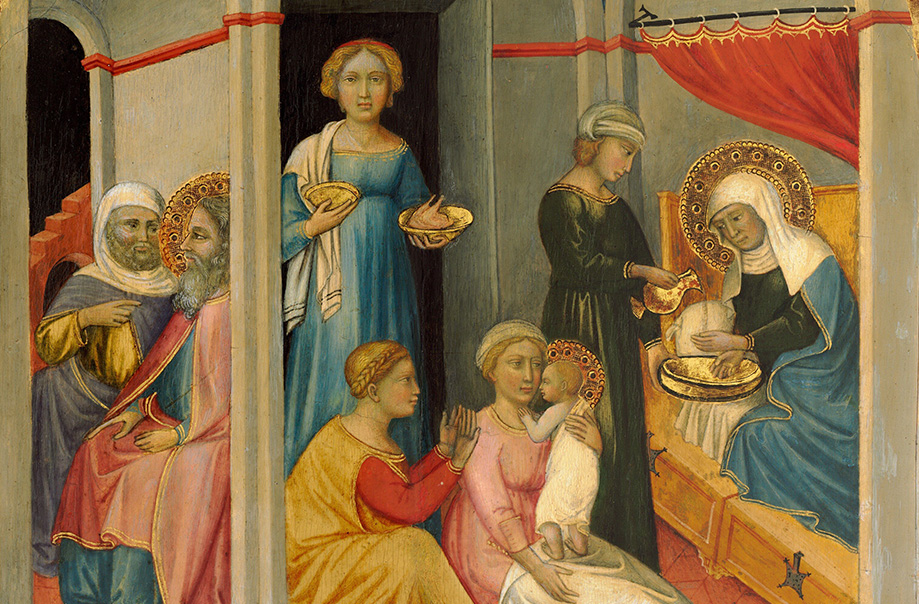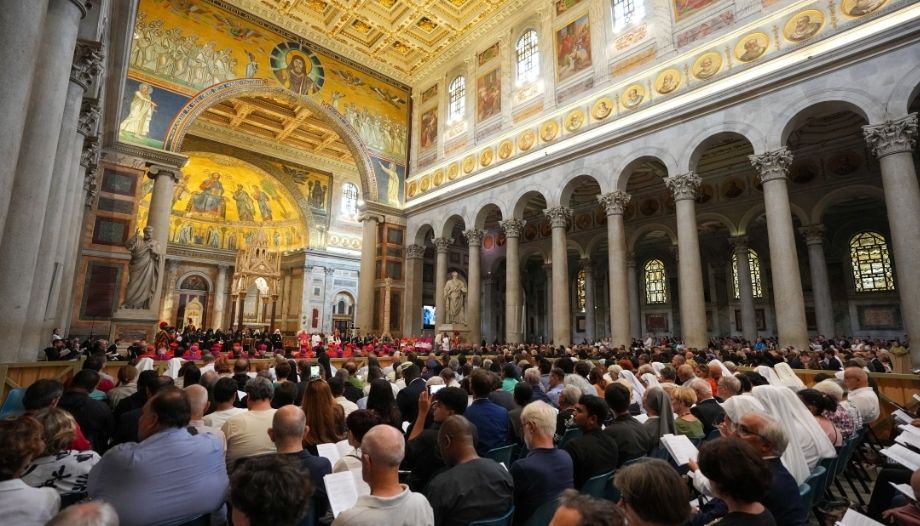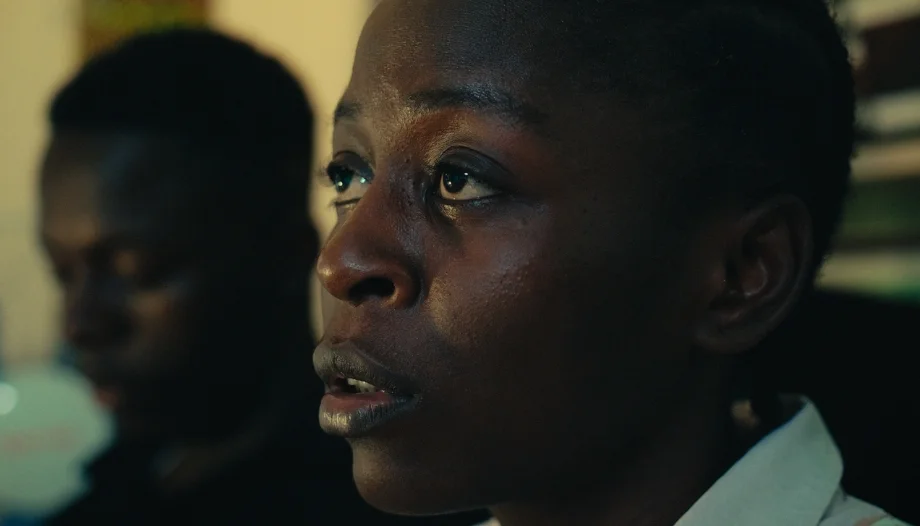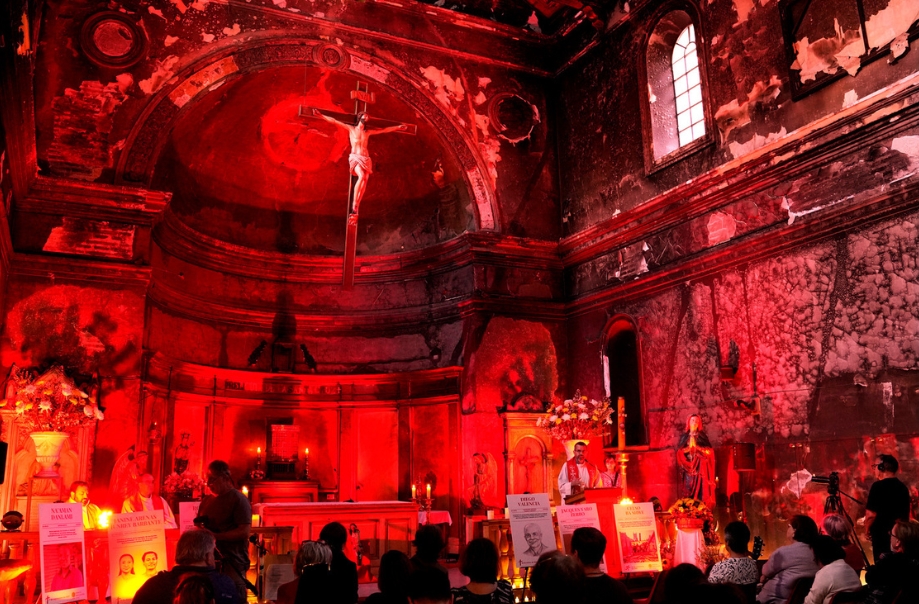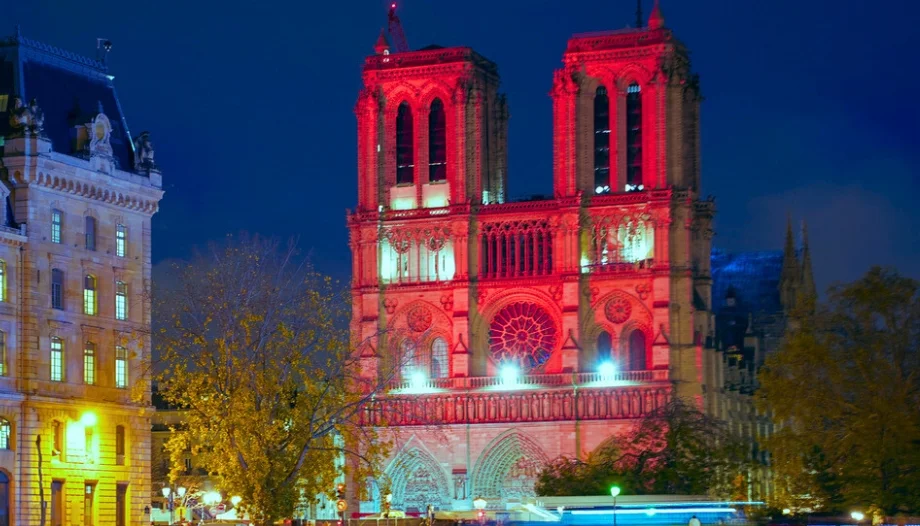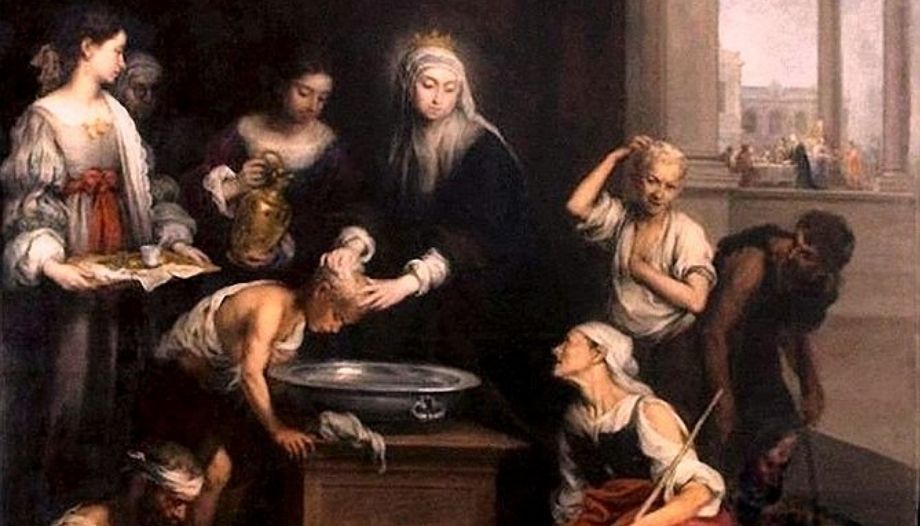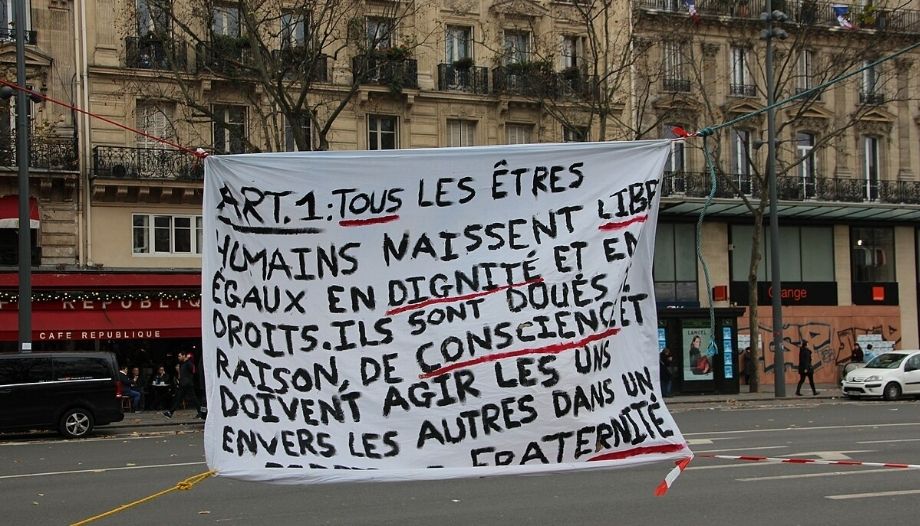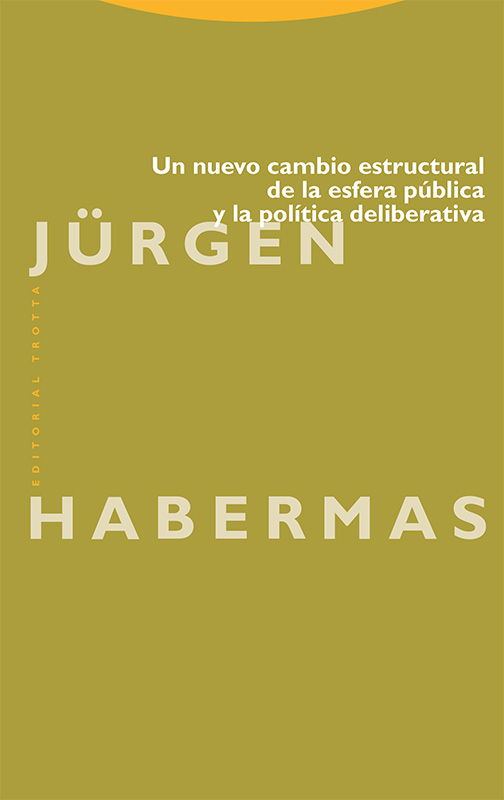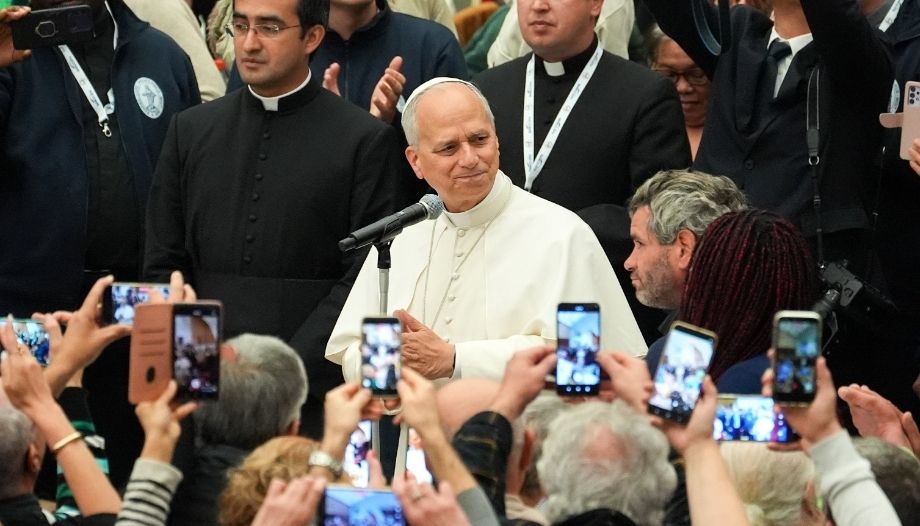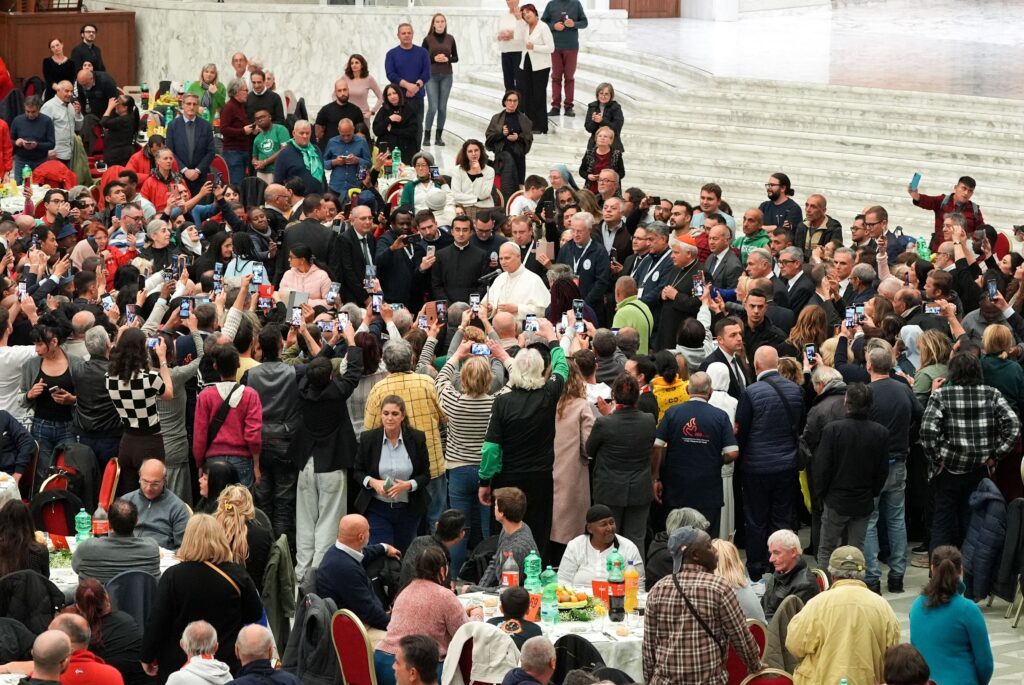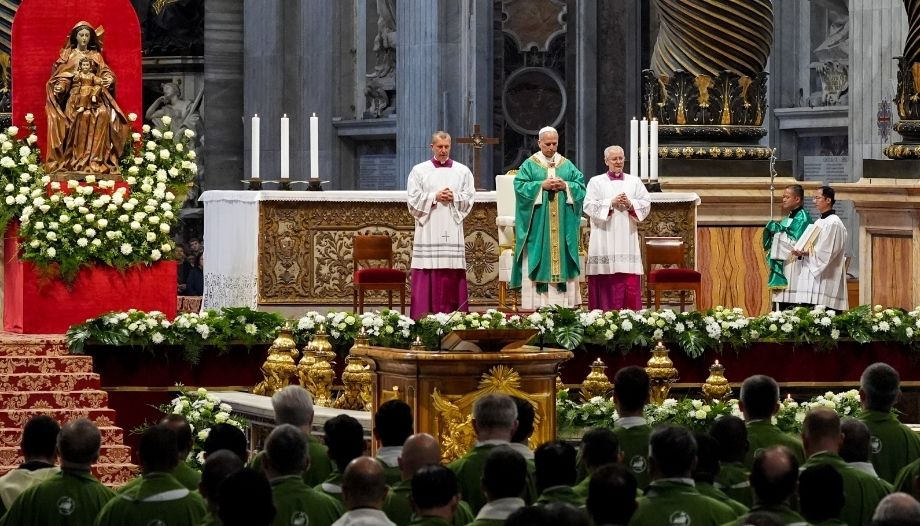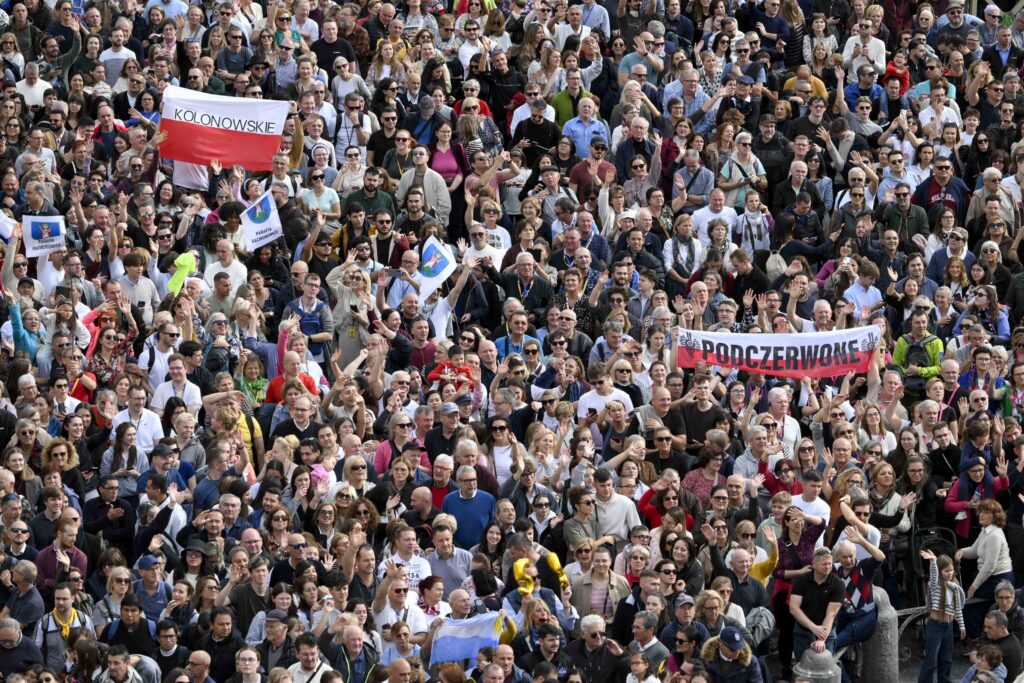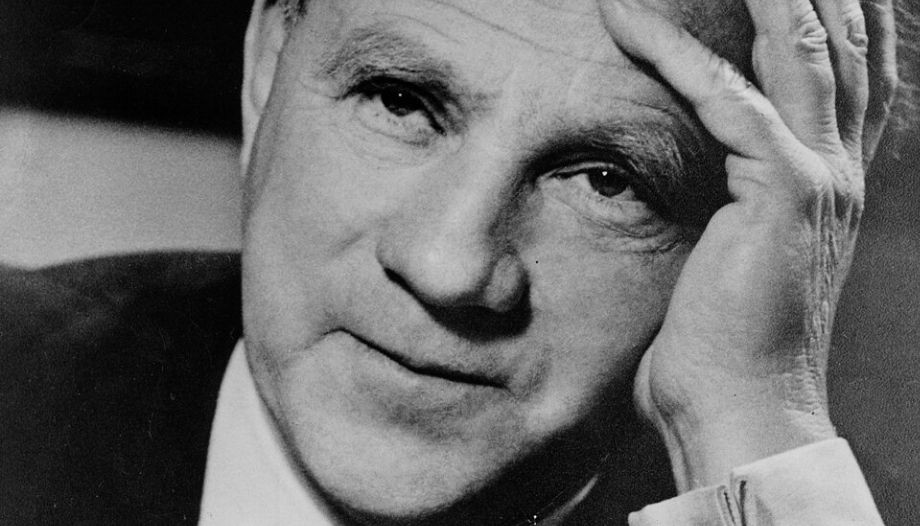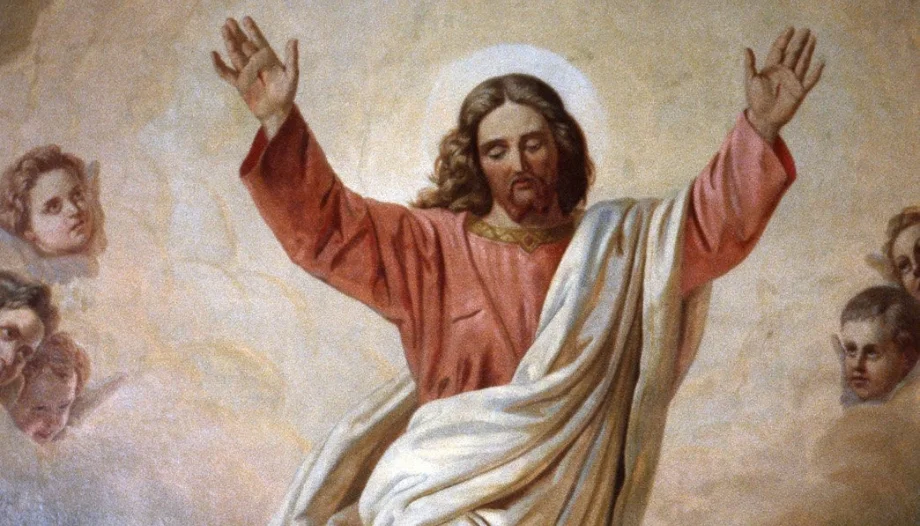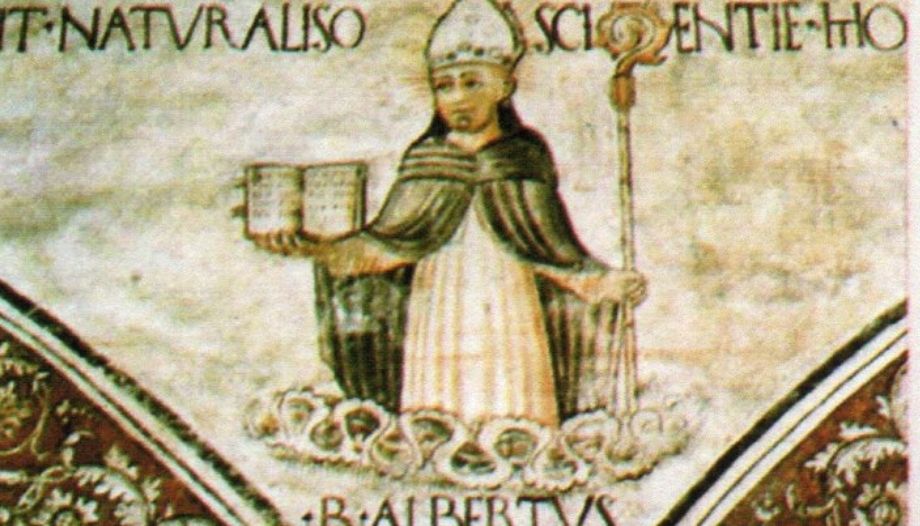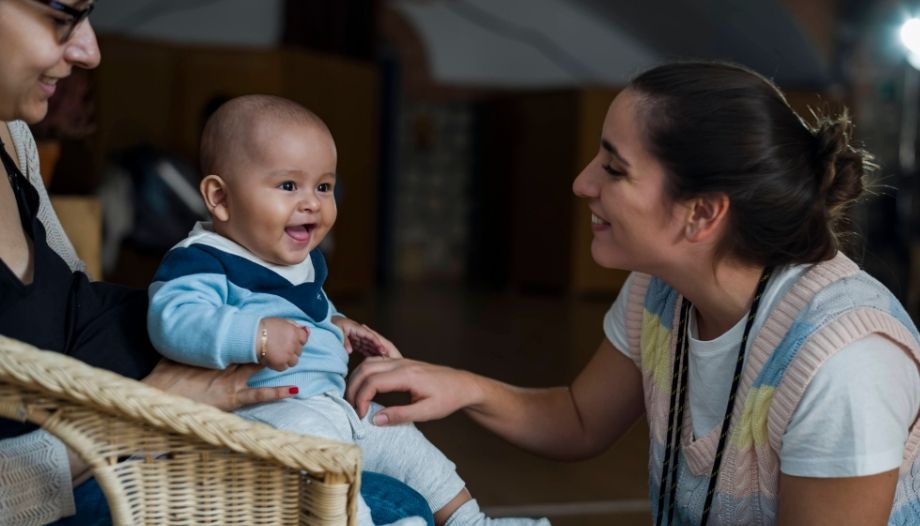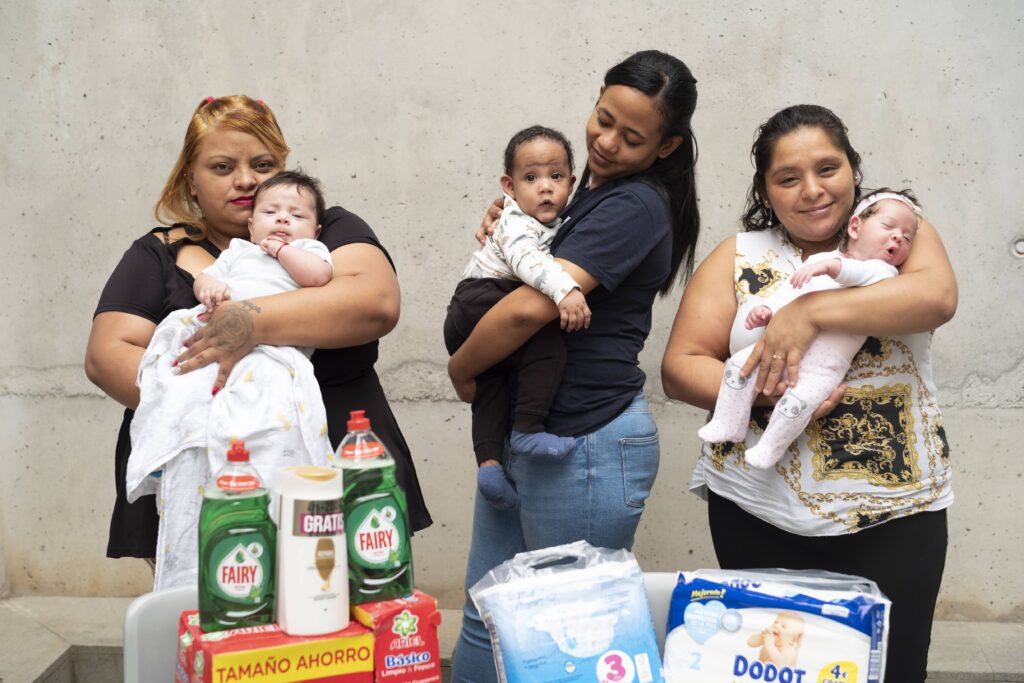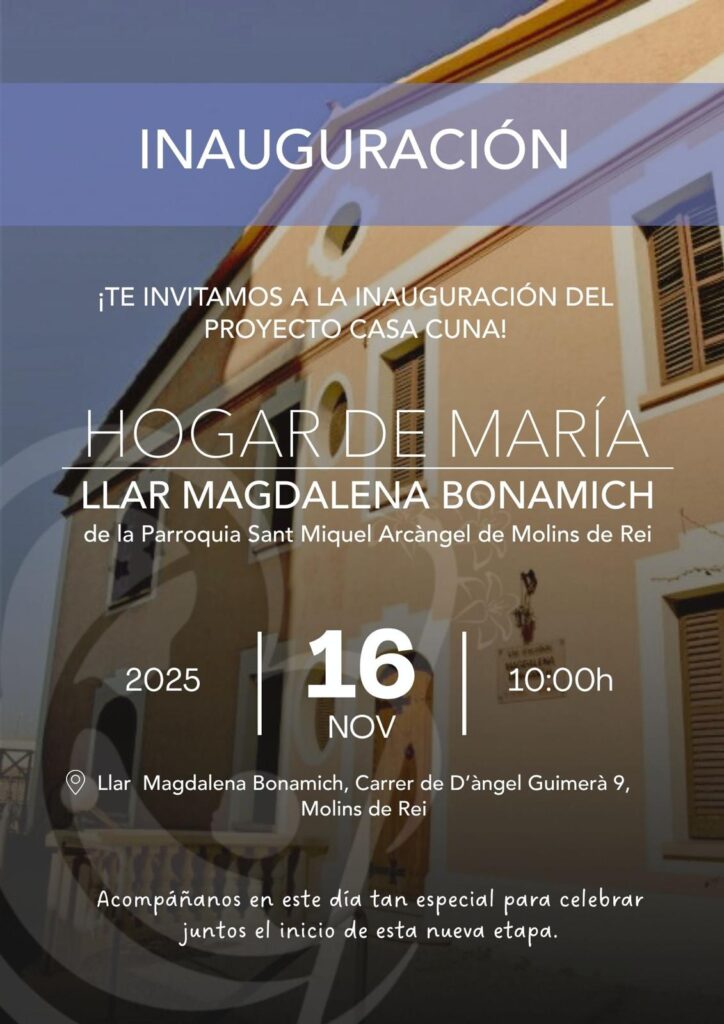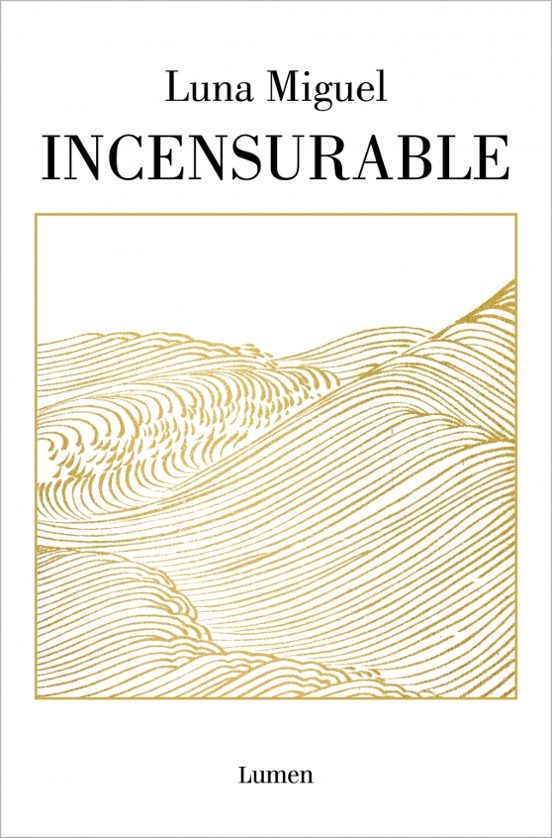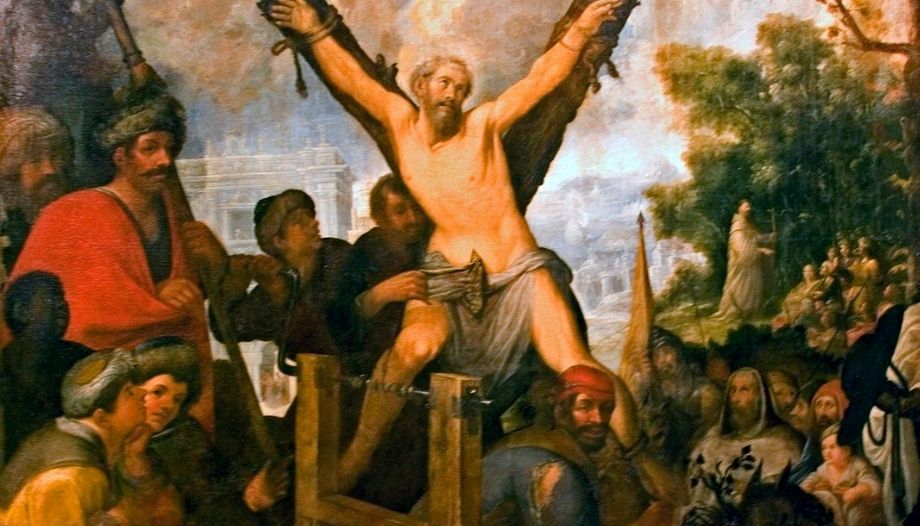One of the main themes is “What happens after death?” Many questions about something that is uncertain to human eyes, on the other hand to the eyes of faith it is seen as that “return to God” from where we have come out.
Death as the end of the human being
Death, certainly, reveals to man an imminent “finiteness” from which he cannot escape, which is the cause of sin. This death also opens him to another reality, that of abandoning his soul totally to the will of God, the fact of “end” is not interpreted as a total loss, but as a birth to a new, eternal and true life.
The catechism is clear, an end but also a beginning “In the face of death, the enigma of the human condition reaches its summit” (GS 18). In a sense, bodily death is natural, but by faith we know that it is really the “wages of sin” (Rm 6, 23; cf. Gn 2, 17). And for those who die in the grace of Christ, it is a participation in the death of the Lord in order to be able to participate also in his Resurrection (cf. Rm 6, 3-9; Flp 3, 10-11. CEC 1006).
But is this as far as it goes? Christian eschatology teaches that just as we have gone out from God, we will return to Him as the first principle of all creation. Now, what happens after we die? Let us start from a first idea: man knew sin, with sin came death, the finiteness of his life became present by itself. With Christ everything changes, everything comes back to life with the hope of the total resurrection in God. His death is not the cause of sin, it is the cause of life for those who want eternity.
We understand first of all that man must die, but a death that brings life, if we understand that we die to live eternally with Christ in Heaven, awaiting the resurrection of the flesh, not as an eternal sleep, but that our soul will see God. Faith in Christ and the confession that through him all salvation came, guarantees to walk the way of life, and not to die eternally “I am the resurrection and the life; he who believes in me, though he die, yet shall he live” (Jn 11:25) Christ is the way to salvation, but to live eternally, what does it mean? Death has not reigned over life, it cannot destroy man, the soul subsists, but the body awaits the resurrection.
“The rational soul is the proper form of man” (S.T I, q, 76, c, 1, a 1) St. Thomas, positively affirms that the soul is the form of the body, this is understood as long as matter exists, if there is “informed” matter that does not possess form, when it adopts a form that in our case is the soul, then it can advance towards perfection.
The soul comes from God, this is something evident, finding that there is not in nature, nor in matter, a proper quality that comes from it that explains the senses and the intelligence that man possesses in comparison with other creatures. If the soul comes entirely from God and will return to Him, what is the body for? “For the soul to be perfected in the knowledge of the truth it needs to be united to the body” (S.T I, q 76, c, 1, a 2) the soul to know the truth of God needs a body, and the body needs someone to give it the form that is soul.
To understand death as the end is an idea that would deny the action of Christ in the world; to live in the hope of the resurrection is to live according to what God wants, that eternal Easter in which we will see God “as He is” (cf. 1Jn 3:2).
Christian hope in the resurrection
“We firmly believe, and so we hope, that just as Christ has truly risen from the dead, and lives forever, so the righteous after their death will live forever with the risen Christ and that He will raise them up on the last day (cf. Jn 6, 39-40)” (CEC 989). Resurrection does not only mean earthly life (with a new Heaven and a new Earth) but a total transformation of the human being into the glory of God, where the corruption of sin (death) has no place among men “only at the end of the world will men receive the efficacy of the full resurrection, namely, the overcoming of death as the punishment of sin, when Christ raises all the dead with his power” (Gerhard Müller “the future resurrection” Dogmatics, theory and practice of theology).
The resurrection of the bodies, in a glorious body, united to God, from whence we came, the consummation of creation occurs when the glorious appearing of the Lord takes place. Where God's love embraces everything and everyone, in one and the same love that conquers even death.
It does not mean a return to life in the same form in which we are now, this would lead to a reincarnation theory that would totally deny the mystery of redemption by the fact that our life would start again from zero, the fact of professing that we will return to a body that is not ours, and we will return to “start” brings with it many denials to faith, it is also affirming that there are millions of cycles of death, besides this; we would totally deny the complete action of man, where he would only put on a body.
The Catechism (1013) says: “Death is the end of man's earthly pilgrimage, of the time of grace and mercy that God offers him to carry out his earthly life according to the divine plan and to decide his last destiny. When the “only course of our earthly life” (LG 48), we will no longer return to other earthly lives. “It is appointed unto men once to die” (Hb 9, 27).
There is no «reincarnation” after death”. To affirm reincarnation is to deny the union of the soul and the body, because if we think that the soul would seek after using the body it is because it was not united to it, and this would lead us to see the body simply as a “prison” from which we escape when we die and start again with the same soul. Likewise, reincarnation would lead us to think that we would never see God, there would be no beatific vision and our hope would be null, since it is a continuous survival in different bodies.
Faith in the resurrection of the dead is incompatible with reincarnation, because we are not like an anonymous being, but a person, a unity that is called by God to live with Him, the resurrection is a divine transformation. And if the resurrection comes from Christ it is because our soul and body are personal, naturally united, forming a united and unique being that is loved. Therefore, to affirm reincarnation would be to deny the action of God, as well as the redemption of each person through the mystery of the Cross.
The trial
“He will come to judge the living and the dead” these words that we repeat in the solemnities, have an undertone of hope. In John's Gospel we read: “He who believes in him will not be judged; he who does not believe is already judged, because he has not believed in the name of the only begotten of God” (3:18) Christ does not condemn: He is pure salvation. This being so, pure salvation is the person himself who is judged, as we read from the apostle John, “he is already judged”, the judgment is also born of free will.
To accept Christ, with all that it entails, is to reach salvation; to turn away from God brings with it separation from the Good and therefore condemnation. Joseph Ratzinger affirms that: “Judgment consists in the fall of the masks that imply death” (“Eschatology, Death and Eternal Life”).
The idea of judgment, in the Christian conception, introduces a radical change with respect to the notion of eternal damnation: it is God who becomes man, the one who can judge and who also does so is the same one who seeks man, so that he may know the truth, so that he may turn away from the paths of death and live eternally with Him in Heaven. Therefore, it is man in his decisions who becomes judge of himself, Christ does not deny walking in the paths of his truth. He, who became flesh and dwelt among us, manifested during his earthly life the divine plan of salvation, announcing the Kingdom.
Jesus not only speaks of the Kingdom, but Jesus is the Kingdom of God “Likewise you, when you see these things happening, know that the kingdom of God is at hand” (Lk 21:31) The Kingdom has come, it is a person, it is Christ himself, through whom we gain access to the Father. It continues to act, not as a future, but as a “now” by the Holy Spirit: “Jesus is the kingdom not merely in his physical presence, but through the irradiation of the Holy Spirit” (Joseph Ratzinger “Eschatology, death and eternal life”). He acts in the world, he remains in the Eucharist as the permanent reality of what one day we hope to see in all its splendor, no longer as the appearance of bread. The liberation of man through Christ establishes the lordship of God in the world, and through this action of God in the world, Christ is the Kingdom of God.
Hell, Heaven and Purgatory.
We find in the realities where the soul can be found after death. Hell, of which is the total separation of the creature from God, which respects the freedom of his creature, therefore, there is also that they are condemned by their own free will. The “yes” of man to the love of God in order to reach salvation is certainly a mutual response. Christ descends to hell, but he does not treat men as those who cannot, not as infants, but he makes them responsible for their freedom, he leaves them the right of their damnation.
The Christian's giving everything, the “betting” everything for his salvation, with his eyes on Heaven, taking it seriously for his own soul. Joseph Ratzinger mentions: “God suffers and dies, what is evil for Him is not unreal. For Him, who is love, hatred is pure nothingness. He overcomes evil not by the dialectic of universal reason, which can turn all negations into affirmations. He does not overcome evil in a speculative Good Friday, but in a totally real” (Eschatology, death and eternal life).
Evil exists, it wants God not to reign in the world, it is a real presence, which cannot be ignored or transformed by concepts. Hegel tries to resolve evil in ideas, where he develops that evil as necessary moments for the development of consciousness, becomes an idea. He does not affirm that evil disappears, in a historical sense. God overcomes evil, not as an idea, or dialectically, but in a concrete and real event, with the sacrifice of the lamb.
When evil is set in concrete, God responds with the descent of Jesus to deliver from the place of the dead. That is his response of love. The scope of liberation can only be seen through faith, but it accompanies Jesus, who immerses himself in his person, a spiritual experience that becomes existential: “there is no man who can look or, at most, can only look to the extent that he also enters into that darkness through a faith that suffers” (Joseph Ratzinger, Eschatology, Death and Eternal Life). It is to live the “dark night” as St. John of the Cross says, it is to live it in the light of Christ's redemption, of suffering for the salvation of souls, the throne of Christ is his cross, our salvation is the Cross of Christ.
Purgatory
The Catechism of the Church explains to us a centrality of what can be defined as purgatory: “Those who die in the grace and friendship of God, but imperfectly purified, although they are sure of their eternal salvation, undergo after their death a purification, in order to obtain the holiness necessary to enter into the joy of Heaven” (CEC 1030) The imperfection of men extends to the last moment of their earthly life, where their soul passes to “purification” where it has to enter without blemish into the presence of God. Purified to make our body conform to that of Christ.
Entering this reality makes us enter God's time, where there are no physical laws that can measure the passage through purgatory. It is not a field of torture in another world, it is a necessary process as we become capable of God, of Christ and join the choir of angels to praise the Lord, “gold is refined by fire” (1Pet 1,7) where we have to purify ourselves, go through the fire that makes us complete image of Christ, where it is really there where the liberation occurs, where all the sin that can tend is purified by grace. The Church calls purgatory to this final purification of the elect which is completely distinct from the punishment of the damned (CEC 1031).
We could say that we are in a “waiting room” where our soul is not completely lost, but wants to see God. Those of us who are still on pilgrimage on earth, this Church militant, helps the purgative Church by praying for those who have died, whom we entrust to God's mercy, this help, especially with the sacrifice of the Eucharist, helps the faithful to pray for the souls of those we want to see God, so that they too may intercede as the Church triumphant for us.
Pope Benedict XVI affirms: “Christ himself, the Judge and Savior. The encounter with him is the decisive act of judgment. Before his gaze, all falsehood melts away. It is the encounter with him which, by burning us, transforms us and frees us to become truly ourselves. At that moment, all that has been built up during life can manifest itself as dry straw, empty boasting, and collapse” (Spe salvi n. 47) the fire of love is what purifies, knowing that we are configuring ourselves to Christ, that we tried it on Earth and that now we will only live with Him in Heaven is the sign of God's infinite love. Certainly painful, but it brings freedom, through which we can be ourselves, just as we are, where there will no longer be anything hidden that has not been revealed.
El Cielo
To live in Heaven is «to be with Christ» (cf. Jn 14, 3; Flp 1, 23; 1 Ts 4,17). The elect live «in Him», indeed, they have there, or rather, they find there their true identity, their own name (cf. Ap 2, 17). The hope of Heaven, which we so often think of on Earth, we can imagine as a continuous seeing of God. Incorporated by Him, Jesus opens Heaven to us, when He descends to the sheol (place of the dead) where all the dead went, awaiting the deliverance of the messiah.
Christ descends to the abode of the dead, as the fulfillment of salvation, he descends so that the voice of the Father may reach everyone, so that all may live. Jesus opens Heaven, descends to death, and thus, knowing also death, is sent to announce salvation, since all: the living and the dead are inscribed in God's saving plan. The souls of the righteous before Christ were waiting in Abraham's bosom, and this reminds us of the parable of the rich glutton (cf. Lk 16:19-31): Lazarus, as a poor and just man who suffered in this world, waited in Abraham's bosom for the Messiah to arrive.
Now, many conceptions of viewing writing bring back the idea of the sheol where the interpretation itself, in the light of its own reason explains that we will wait in a state of sleep, this after death, this especially comes from groups of the XIX century. If we bring back the idea of a “sleep” while waiting for the parousia of Christ, this would lead to the fact that the action of Christ is not redemptive, but only a message that does not bring action.
Through Christ, with Him and in Him we have been redeemed, Heaven has been opened to us. If we understand the descent to the place of the dead as loneliness without God, Christ penetrates with his love completely to give life. It gives life, total separation from Christ is hell, our soul does not go to sleep until Christ returns, but is judged. Therefore, to think again of an idea of “sheol” brings with it the non-belief that Christ opened Heaven.
Heaven is open, we know that the Church is already triumphant, through the saints, anonymous and those recognized by the Church, the martyrs, with St. Mary, continually seeing and adoring God in his three persons. If Heaven exists, it is because Christ himself became man, died and rose again. Heaven is the participation in the body of Christ, the fulfillment of the vocation for which we were baptized. The unity between God and mankind. All united with others, the communion of saints united to Christ as head, this is Heaven, when the Lord returns and the whole body is united with his head, united in one, in unity, that day that is to come, that day there will be only joy and jubilation.
Santa Maria and Heaven
Holy Mary, the Mother of God, who is the great intercessor, in our life here on earth, but also when the time of our purification comes. She who was assumed into Heaven by the power of God, body and soul, her totality. “The central statement of the dogma of the Assumption says that since Mary had, in faith and in grace, such a unique connection with the redemptive work of Christ she also participates in his risen form as the first fully and absolutely redeemed creature” (Gerhard Müller, “Dogmatics, Theory and Practice of Theology”).
Mary enjoys in a singular way a more complete intercession thanks to her connection with the work of redemption, being the prototype and model of the redeemers of her son, since she is configured more fully with him. We turn to her as Lady of Mercy every day, in our daily prayers, in the Sacrifice of the altar, so that she may obtain for us the graces of one day being able to contemplate her son.
The authorSantiago Zapata Giraldo
 Pope Leo XIV to make his first trip to Turkey and Lebanon
Pope Leo XIV to make his first trip to Turkey and Lebanon Israel. Ethnicity and religion, a complex issue.
Israel. Ethnicity and religion, a complex issue. Christians, key to Lebanon's stability
Christians, key to Lebanon's stability



